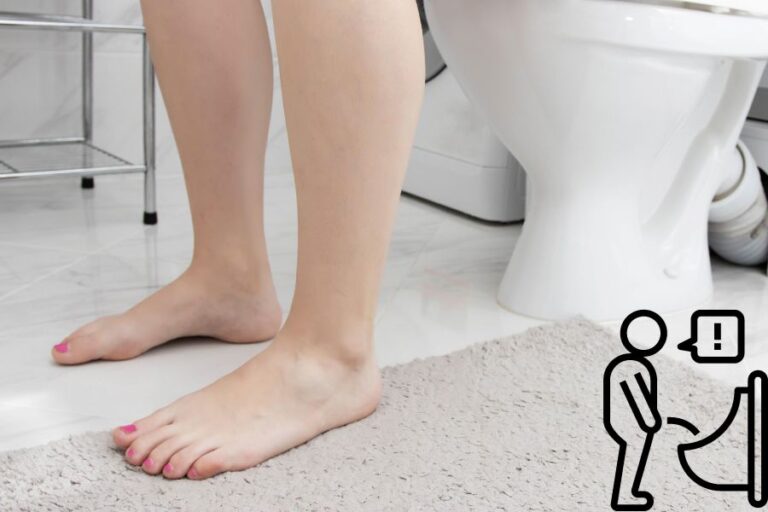- Phone: +91 94800 58379
- Mon-Sun 24/7
- contact.sanyrahospital@gmail.com


Nocturia

Nocturia, an often misunderstood medical condition, refers to the frequent need to wake up during the night to urinate. This condition can significantly disrupt sleep patterns, leading to chronic fatigue and affecting an individual’s overall quality of life. For those seeking Nocturia Treatment in Bangalore, understanding the underlying causes is crucial. This condition can be caused by various factors including aging, medical conditions like diabetes or bladder infections, and certain medications. In this article, we will delve into the causes of nocturia, its impact on daily life, diagnostic processes, and available treatment options. We will also discuss management strategies to help improve sleep quality and overall well-being
Nocturia can result from numerous sources, from lifestyle choices to medical conditions. Common culprits:
If nocturia becomes persistent, seeking medical evaluation should become paramount. A healthcare provider will complete a detailed medical history review and physical exam; they may then suggest tests like urine analysis, blood testing, urodynamic studies, and imaging as possible solutions to ascertain its source.
Treatment options depend upon its cause and severity; examples could include:
Although not every case of nocturia can be avoided entirely, you can take some steps to lessen its severity:
If you’re seeking Nocturia Treatment in Kengeri or Bangalore, Dr. Rajendra Prasad is here to help. To schedule a consultation or get more information about his services, contact us at Sanyra Hospital. Dr. Prasad and his team are committed to providing high-quality care and ensuring that you receive the best possible Treatment for nocturia.
If you’re seeking a Nocturia Surgeon in Kengeri or Bangalore, look no further than Dr. Rajendra Prasad . With his expert care and personalized approach, you can be confident that you are in capable hands. Dr. Rajendra Prasad is an MBBS, MS (General Surgery), MCh (Urology), Consultant Urologist, Andrologist, Endoscopic, Laparoscopic & Kidney Transplant Surgeon with over 12+ years of service. He has handled many critical surgeries and is highly experienced in treating nocturia and other urological conditions.
Nocturia is a condition that affects many, particularly as we get older, disrupting sleep, daytime functioning, and diminishing quality of life. By understanding its causes and effects and the potential treatment options available, individuals can take measures to manage and lessen its impact if persistent nocturia persists despite medical consultation and management plans tailored specifically for them.
Nocturia is a condition where you wake up multiple times during the night to urinate. It can disrupt sleep and affect overall quality of life.
Causes of Nocturia can include excessive fluid intake before bedtime, urinary tract infections, bladder disorders, diabetes, and sleep disorders such as sleep apnea.
Diagnosis of nocturia involves a detailed medical history, physical examination, urine tests, and sometimes additional tests like bladder scans or sleep studies to determine the underlying cause.
Treatments for nocturia may include lifestyle changes, medication to reduce nighttime urine production, and addressing underlying conditions such as diabetes or sleep apnea.
You should see a doctor if nocturia is affecting your sleep and quality of life, or if you have other symptoms like pain, blood in the urine, or sudden changes in urinary habits.

We are happy to assist you! Fill the form we will contact you soon!
Sanyra Hospital is a leading Multi-Speciality Hospital in Kengeri Bangalore and diagnostic centre. With a commitment to providing high-quality healthcare services, it offers a wide range of medical specialties and advanced diagnostic facilities to meet the diverse healthcare needs of the community. We have dedicated urology center & dialysis center.
© 2023, Sanyra Hospital. All Rights Reserved.
WhatsApp us